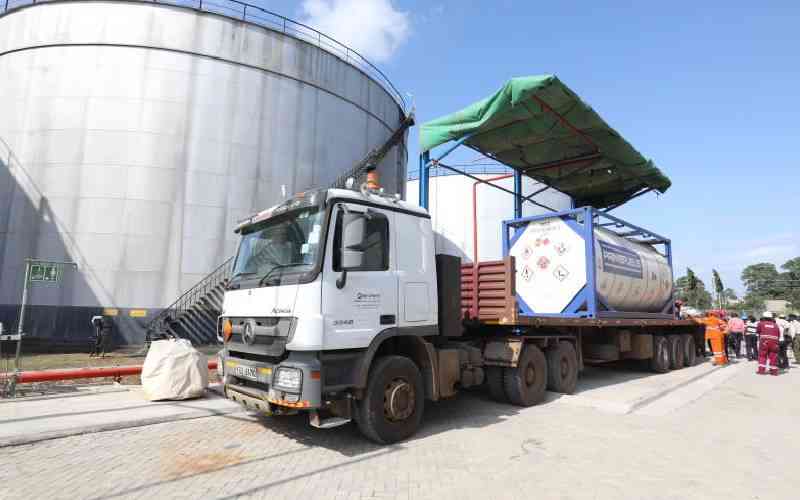×
The Standard e-Paper
Home To Bold Columnists
By Isaac Kalua
The basic needs of food, shelter and water should be the preoccupations of any individual or governments. All of God’s children should be able to put food on the table, have a roof over their heads and access safe drinking water at all times. All other things should uphold and enhance these three.






